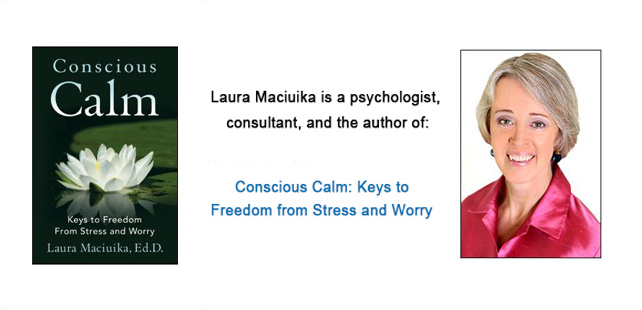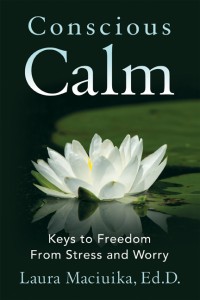 There’s an old expression that was commonly used when someone was chided for being distant or lacking feeling in their response – “Have a heart!” We talk about people as being “heartless” or “coldhearted” if they seem to be acting without connection, and are mean or cruel. As usual, our language holds deeper truths that we don’t often consider in the casual use of those phrases. I invite you to consider the heart for a moment, and its place in your life, your health, your connection to yourself and others.
There’s an old expression that was commonly used when someone was chided for being distant or lacking feeling in their response – “Have a heart!” We talk about people as being “heartless” or “coldhearted” if they seem to be acting without connection, and are mean or cruel. As usual, our language holds deeper truths that we don’t often consider in the casual use of those phrases. I invite you to consider the heart for a moment, and its place in your life, your health, your connection to yourself and others.
The Western medical perspective on the heart, of course, is that the heart is a pump. In that capacity it is a very efficient one, pumping a third of a cup of blood with every beat in adults, and around 1,500 gallons of blood every day.
The heart has also been understood in less mechanical ways for millennia. Beyond the Valentine’s Day greeting card symbol of romantic love, deeper knowledge about the heart can be found across the globe. Religious traditions from Christianity to Islam, from Hinduism to Buddhism, have viewed the heart as a place of deeper, transcendent Knowing, or the place where God resides. Many Native American tribes, African cultures, and other aboriginal peoples have held the heart as the truest place of knowing, and also of thinking. One Native American Chief is said to have told a European settler, “You Europeans think from here [the head], and we think from here [the heart].”
When we take a look at the heart from an energetic or electrical perspective, we see that it is in fact electrically stronger than the brain. The electrical wave that a beating human heart produces is about fifty times the amplitude and around a thousand times the strength of a human brain wave. Research by the Institute of HeartMath and others has shown that the heart’s electrical field influences our thoughts as well as our physical organs. The heart actually does its own thinking and decision making separate from the brain, and there is communication back and forth between the brain and the heart in both directions.
The electrical field generated by the heart is powerful, and can extend several feet beyond the body. No wonder the state of our heart — its feelings and knowing — can affect not only us, but those around us as well.
With a field that strong, it’s amazing to consider how much energy it takes on our parts not to know what our heart is feeling or knowing. How much energy do we use to disconnect from our heart’s knowing when we pay too much attention to mental opinions or judgments? Or when we are too stressed out to notice? What is lost when we don’t pay attention to what the heart knows? What stress does this create, both emotionally and physically?
We don’t need to work that hard. And we don’t need to stay that disconnected. Shifting our attention to our heart a little more often, acknowledging that it is so much more than a pump, will help already. Reconnecting with ourselves and sensing what the heart is saying or feeling will bring us more than stress relief. Listening to the heart can give us more information than if we stick with the seemingly important information from our thoughts, opinions, and mental conclusions alone. And noticing what our heart is sensing and telling us can enrich our thoughts, ease the critical mind, and enhance our understanding and our very experience.
So… drop inward and check in with your heart. What is it saying? What does it know to be true? What makes your heart sing?
Dr. Laura Maciuika is a psychologist and the author of Conscious Calm: Keys to Freedom from Stress and Worry, available at Amazon and other online stores, or through ConsciousCalm.com.




